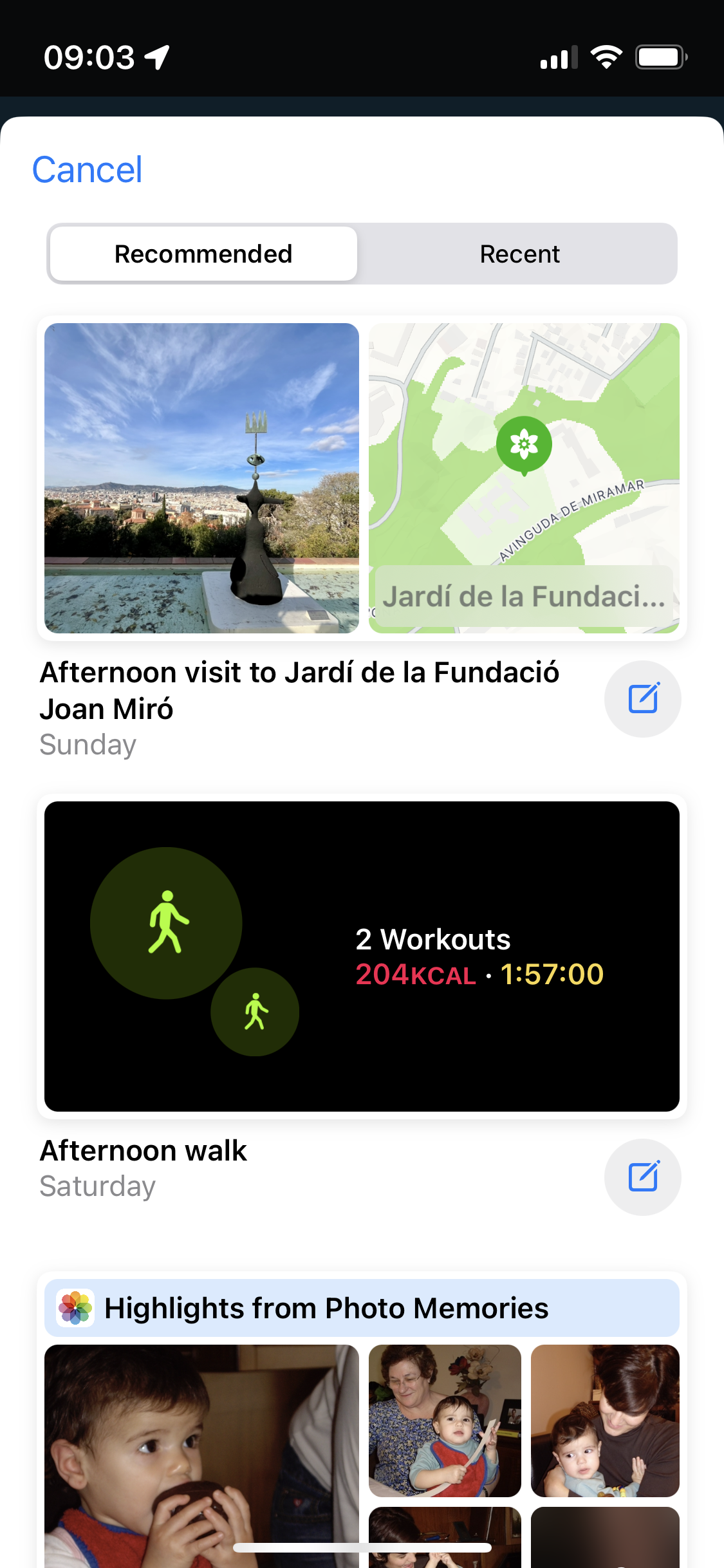Allow small tasks to accumulate until you can efficiently complete them in batches
Instead of tackling every small task as soon as it arises, you can gather similar tasks and do them all at once. This is called “batching,” and it helps you spend less time starting and finishing work. For example, if you make all your phone calls at one time of the day, you stay in the same mindset and don’t have to constantly switch between different types of tasks. This way, you not only work faster but also feel less mentally burdened.
A good example of batching is how you handle emails. Instead of constantly checking your inbox and responding to every new email immediately, you can choose to check and respond to your emails at set times of the day. This way, your day isn’t constantly interrupted by new messages, and you can better focus on more important tasks. By applying batching, you create a calmer and more focused work rhythm, allowing you to ultimately get more done and experience less stress.
Related:
- Do the right thing, in the right way, and at the right moment
- Schedule two hours every day for important work that doesn’t need to be completed immediately; this helps you become happier and more productive
- Spend a little attention on planning and organizing your tasks, but not more than necessary; then, get to work
- Start with the difficult work and do the easy things later
- Work in 90-minute cycles separated by 20-minute breaks










